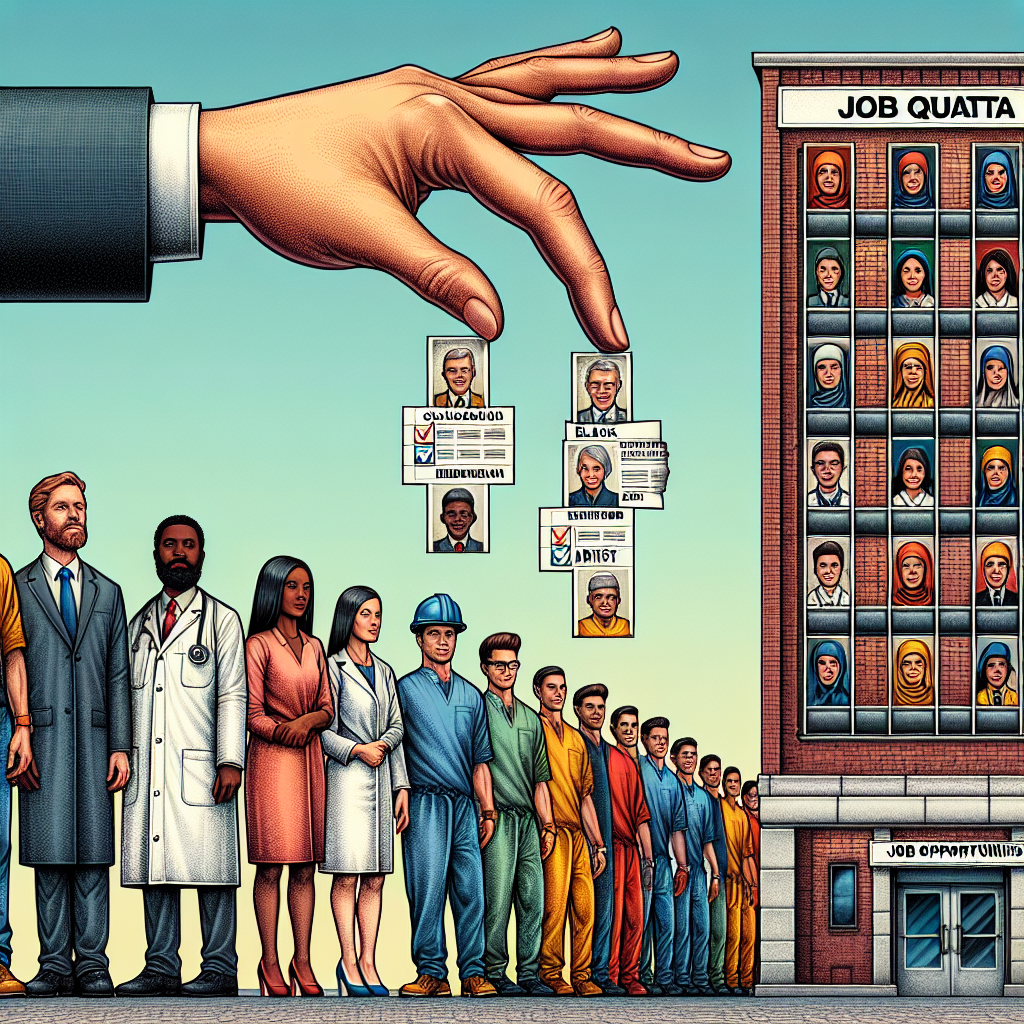Unrest Escalates Over Bangladesh Job Quota System
Protests against the job quota system for government positions have erupted in Bangladesh, leading to violent clashes and injuries. Students and other groups demand the abolition of quotas which reserve 56% of jobs for various groups. The government maintains the quotas, citing legal proceedings.

Thousands of riot police were deployed across university campuses in Bangladesh on Tuesday following violent protests against the country's job quota system that left more than 100 people injured. The demonstrations are the most significant anti-government protests since Prime Minister Sheikh Hasina's reelection for a fourth term in January.
Protests were ignited by grievances against a job quota system that reserves 56% of government positions for various groups, including 30% for descendants of freedom fighters from the 1971 War of Independence. Mohammad Abdur Razzaque, chairman of Research and Policy Integration for Development, noted that government jobs are particularly coveted due to stagnant private sector job growth and lucrative benefits associated with public employment.
Additional protests and rallies are planned as demonstrators aim to have their demands met, said Nahid Islam, coordinator of the anti-quota protests. Sporadic violence continued into Tuesday, with students blocking transportation routes and a heavy police presence reported near Dhaka University. The Supreme Court had temporarily suspended the quota reinstatement, but protests persisted, fueled further by Prime Minister Hasina's refusal to meet with protest leaders.
(With inputs from agencies.)










